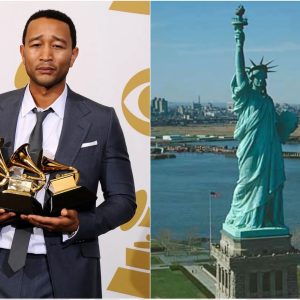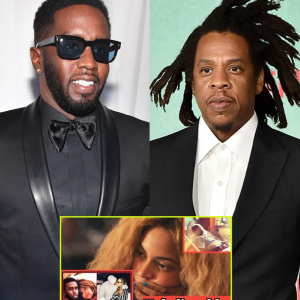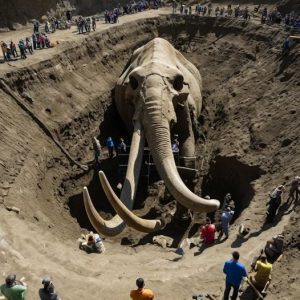In the glittering world of music, where fame, fortune, and power intertwine, few stories have shaken the industry as much as the allegations involving Usher Raymond and Sean “Diddy” Combs. Usher, now a household name in R&B and pop, was once a 13-year-old boy thrust into a world where innocence was overshadowed by the darkness of excess and exploitation.
Recent revelations and resurfaced interviews have shed light on Usher’s time at “Puffy’s Flavor Camp,” an enigmatic and now infamous chapter of the music mogul’s life. What initially seemed like an opportunity for mentorship and growth has been recast as a period marked by unsettling experiences and blurred boundaries.

The Flavor Camp Era
In the early ’90s, Usher was a rising star—a young talent looking for guidance in the cutthroat world of entertainment. His record label arranged for him to live with Diddy in New York, a move that was supposed to prepare him for the industry. Instead, it exposed him to a lifestyle no child should encounter.
Reflecting on that time in a 2016 interview, Usher described witnessing events he could barely comprehend. “I went there to see the lifestyle,” he recalled. “And I saw it… It was pretty wild.” Despite his youth, Usher was immersed in a world of non-stop parties, unchecked hedonism, and the stark realities of fame’s darker side.
Reports suggest that these parties weren’t just about music and camaraderie—they were infamous for their wild, adult-only activities. Usher, a mere teenager at the time, was allegedly surrounded by situations that would make most adults uncomfortable, let alone a 13-year-old.
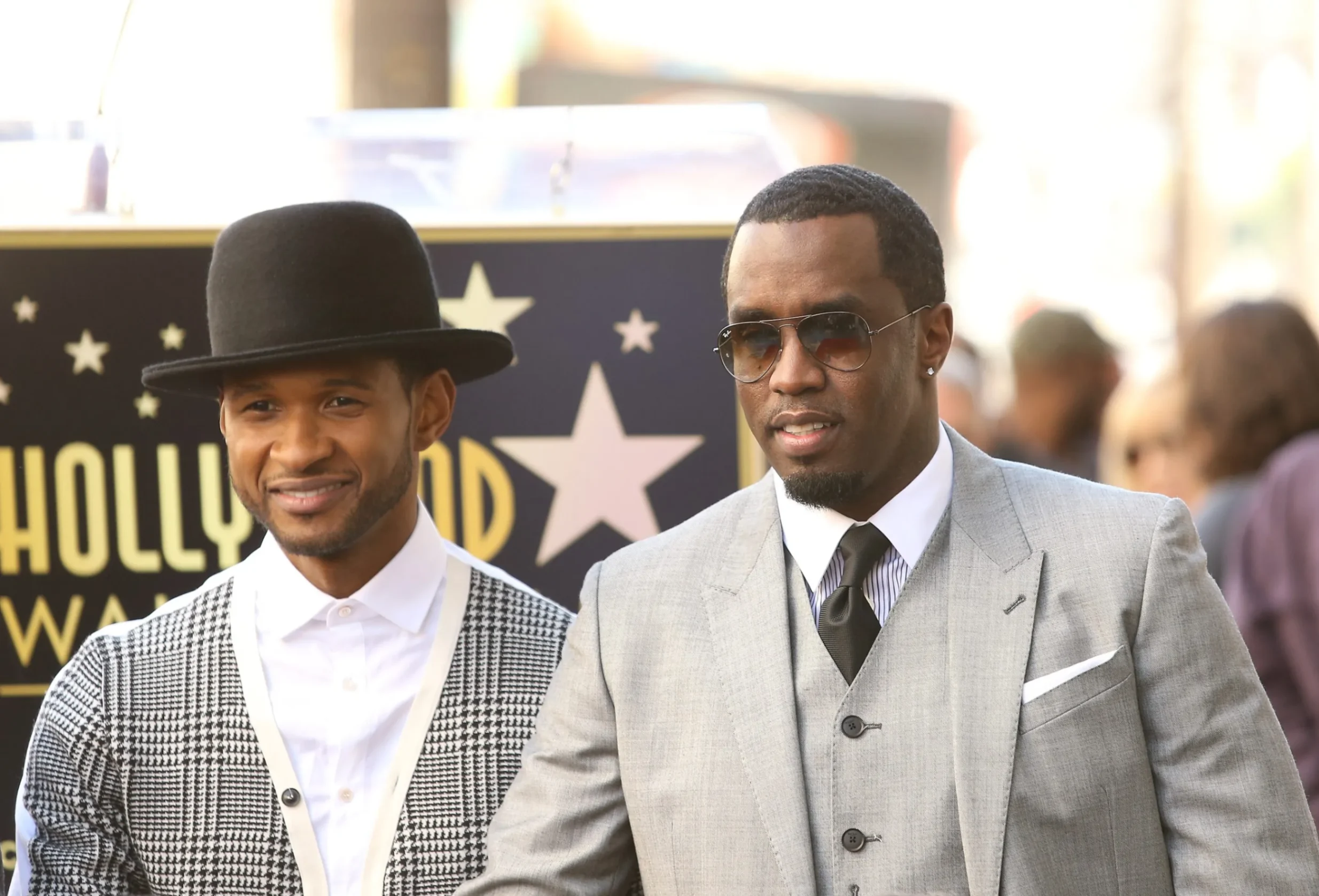
The Allegations That Shook the Industry
In recent weeks, court documents and insider accounts have surfaced, pointing to deeply troubling incidents during Usher’s time with Diddy. One lawsuit alleges that Diddy himself admitted to forcing Usher into compromising situations, including interactions with individuals far beyond his age group. The allegations are as shocking as they are heartbreaking, painting a picture of manipulation and exploitation disguised as mentorship.
While Usher has remained largely silent on the specifics, his interviews and actions over the years suggest the lingering impact of that time. Notably, Usher once deleted thousands of tweets, later claiming his account had been hacked—a move that many now view as an attempt to shield himself from potential backlash tied to his past with Diddy.
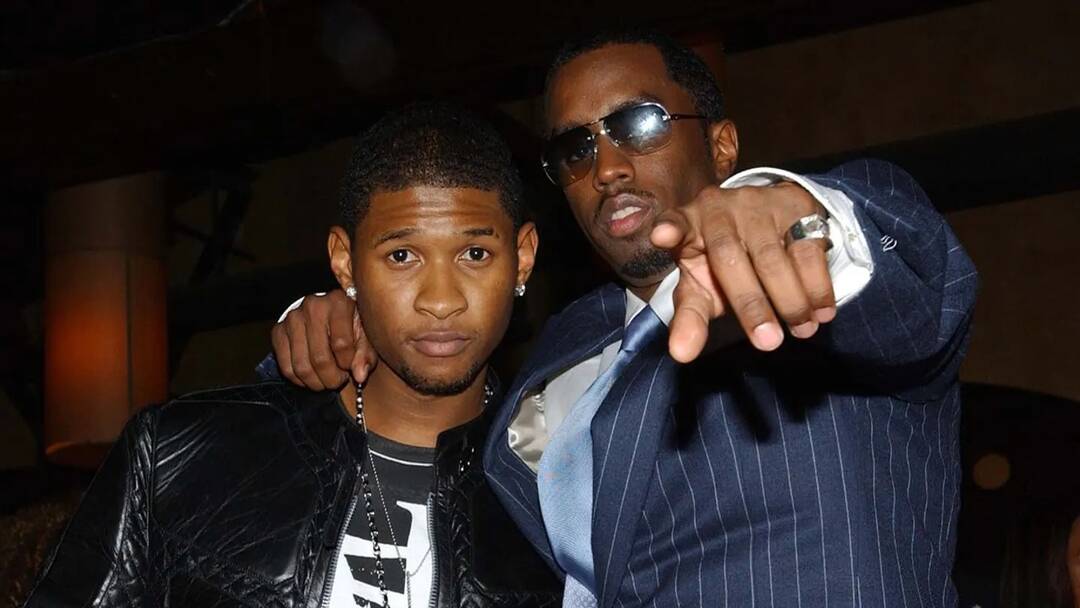
The Industry’s Reaction
These revelations have sent shockwaves through the music world, with fans and fellow artists demanding accountability. Diddy, a towering figure in hip-hop, has faced allegations of misconduct before, but this new focus on Usher’s early years adds a chilling layer to his legacy.
Usher’s rise to fame came at a price—a price that the music industry must now reckon with. His experience as a teenager living under Diddy’s roof wasn’t just about learning the ropes of the business; it was an initiation into a world where power dynamics were dangerously skewed, and boundaries were consistently crossed.
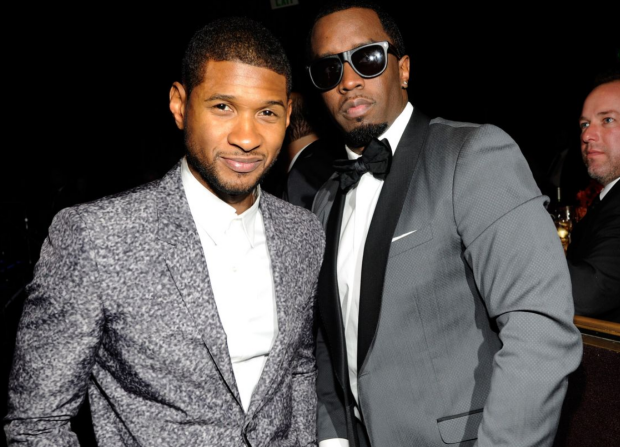
Moving Forward: Accountability and Healing
As the spotlight on Diddy intensifies, questions arise about the broader culture of silence in the entertainment industry. How many other young talents were exposed to similar environments? How can the industry ensure that mentorship programs genuinely protect and nurture young artists, rather than exploiting them?
For Usher, the scars of his time at Flavor Camp are evident in his words and actions. Despite the trauma, he has emerged as a powerful voice in R&B, using his platform to advocate for integrity and authenticity.
The music industry must do more than listen—it must act. The revelations surrounding Usher and Diddy are a grim reminder of the cost of silence and complicity. The industry can hope to protect its future stars and honor its past through transparency and accountability.

